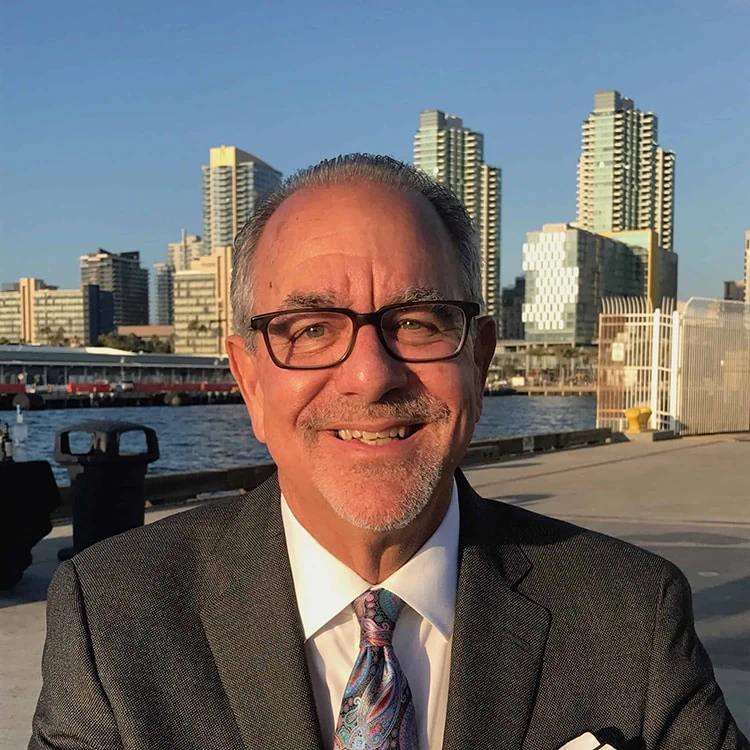
4 Things Today’s Interventionists Need To Know About Today’s Addicts
If you know someone living with substance use disorder, the best thing you can do is love them unconditionally—and contact an interventionist. Scott Silverman is an interventionist and crisis coach, and he knows what it’s like to fall victim to addiction. After establishing his own recovery journey, the first thing he did was begin helping others start theirs.
His first mission was Second Chance, designed to help the homeless and the jobless get back on their feet. Next, he founded Confidential Recovery, an outpatient treatment center. He even found the time to write a few books, one detailing his story and the other designed to raise awareness about the opioid epidemic.
He encourages anyone suffering to reach out to him personally because he understands addiction, knows how to connect people with the right resources, and is constantly working to end the stigma surrounding addiction. We’ve talked about what loved ones can do to help end stigma, but even some interventionists still have a lot to learn.
These are a few things today’s interventionists need to remember to help today’s addicts:
1. Many are functioning.
Just because someone has a job does not mean that they are okay. The National Institutes of Health estimates that 20% of alcoholics are high-functioning, according to a 2007 study.
2. They are scared to tell the truth.
Scott has been very open about his recovery journey, and in a 2011 TEDx talk he recounted how he was so afraid to explain a 4-day blackout to colleagues that he nearly chose suicide. Healthline offers advice on communicating with addicts using respect, compassion, and patience.
3. Addiction is a disease.
Addiction is not a moral failing. Recognize that addicts are typically impulsive and likely to relapse or move on to a different substance if they do not receive continued support. As the National Institute on Drug Abuse says, “Patients typically require long-term or repeated episodes of care to achieve the ultimate goal of sustained abstinence and recovery of their lives.”
4. Don’t assume someone with SUD wouldn’t appreciate a new opportunity.
Scott started Second Chance because the soup kitchen where he volunteered had so many repeat visitors. When Scott asked the other volunteers why the regulars didn’t have jobs, they responded, “They don’t want one.” However, when he asked a regular why he didn’t have a job, he said, “No one will give me one.”
The man wanted one. He just needed guidance. Scott provided it, and with this first person’s success, he saw an opportunity to scale, to become a “social entrepreneur.” Second Chance, and Scott’s life’s work, was born.
It never helps an interventionist to assume that they know a person who is struggling better than they know themselves. Take the time to communicate, to listen, and both of you will be better for it.
Categories
Intervention
